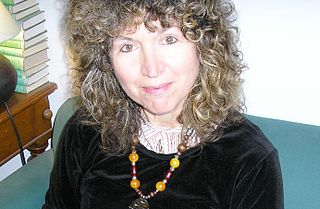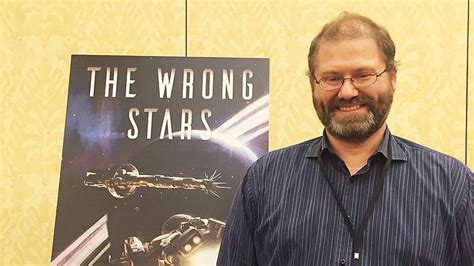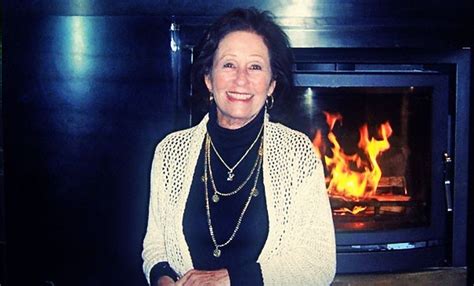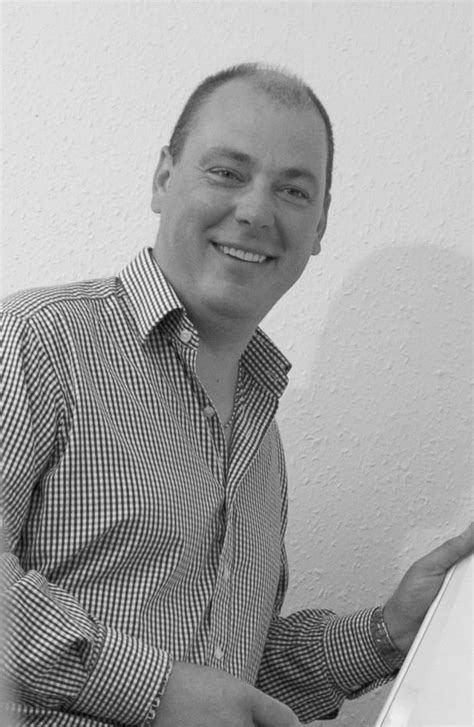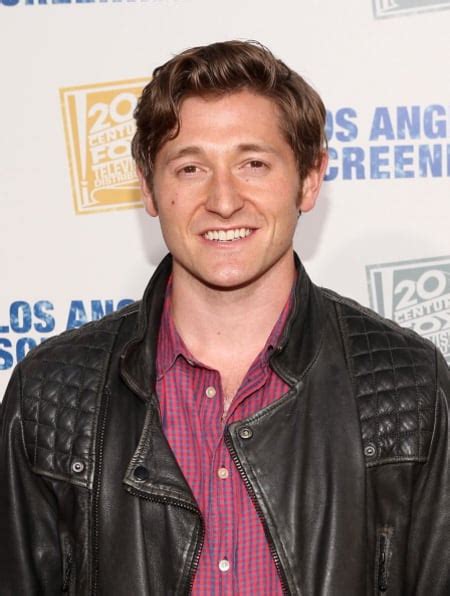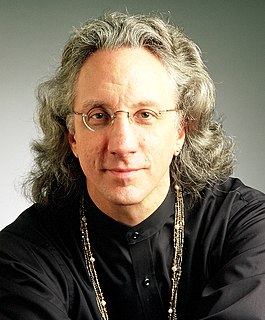A Quote by Sarah Weinman
The abundance of Roman historical mysteries contrasts with the surprising paucity of crime novels set in classical Greece.
Quote Topics
Related Quotes
I did projects on Champlain coming up the St. Lawrence River and on Henry Hudson cast adrift in the bay that now bears his name. And I read dozens of historical novels: Rosemary Sutcliff on Roman Britain and G. A. Henty on British heroes, though my all-time favourite was Ronald Welch's 'Knight Crusader.'
I grew up reading crime fiction mysteries, true crime - a lot of true crime - and it is traditionally a male dominated field from the outside, but from the inside what we know, those of us who read it, is that women buy the most crime fiction, they are by far the biggest readers of true crime, and there's a voracious appetite among women for these stories, and I know I feel it - since I was quite small I wanted to go to those dark places.

